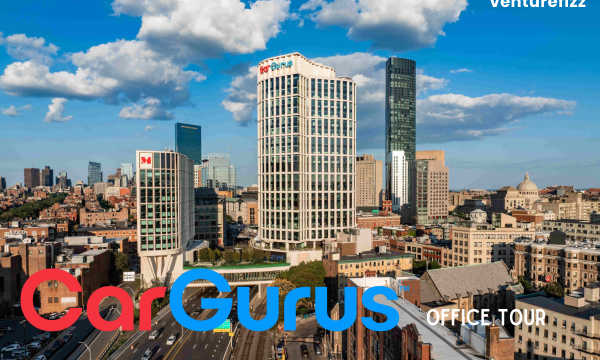Headquartered in Boston, Massachusetts, CarGurus is the leading multinational automotive platform helping consumers and dealers confidently buy and sell vehicles. It’s the No. 1 visited automotive shopping site in the U.S.* with online marketplaces in the U.S., U.K., and Canada.
Matt Quinn, CTO, shares details on CarGurus and what it’s like to work there.
In This Video
We discuss:
- What is CarGurus?
- Details on their Engineering team
- What’s new at CarGurus?
- What role is AI playing at CarGurus?
- Why now is a great time to join CarGurus
* Similarweb: Traffic and Engagement Report (Cars.com, Autotrader.com, TrueCar.com, CARFAX.com Listings (defined as CARFAX.com total visits minus Vehicle History Reports traffic)), Q3 2025, U.S.
Also referenced in video: 2024 Clarivoy study of 581.5K new car sales across 1.6K dealerships. See here for more details: dealer.cargurus.com/clarivoyclaims



